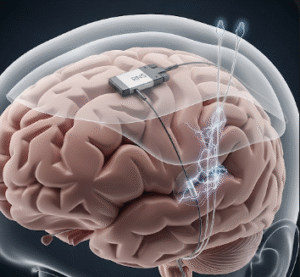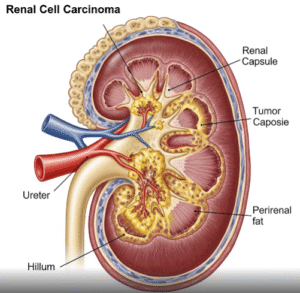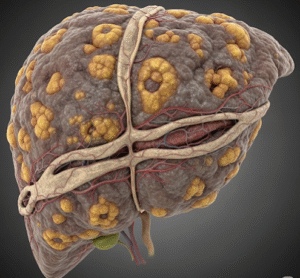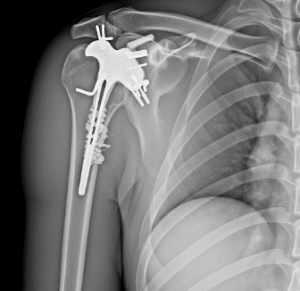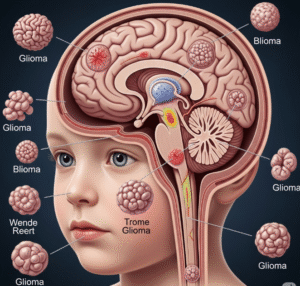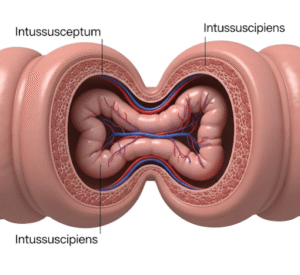Overview
Cardiac failure, also known as heart failure, is a condition in which the heart is unable to pump blood efficiently to meet the body’s needs. It can result from various cardiovascular diseases and may lead to fluid retention, fatigue, and shortness of breath. In Korea, advanced cardiology centers provide comprehensive diagnosis, medical management, surgical interventions, and rehabilitation programs for cardiac failure patients.
Symptoms
- Shortness of breath, especially during exertion or when lying down
- Fatigue and weakness
- Swelling (edema) in the legs, ankles, or abdomen
- Rapid or irregular heartbeat (palpitations)
- Persistent cough or wheezing with white or pink-tinged phlegm
- Reduced ability to exercise or perform daily activities
- Weight gain due to fluid retention
Causes
- Coronary artery disease (narrowed heart arteries)
- High blood pressure (hypertension)
- Heart valve disorders
- Cardiomyopathy (disease of heart muscle)
- Congenital heart defects
- Previous heart attack
- Arrhythmias (abnormal heart rhythms)
Risk Factors
- Hypertension and high cholesterol
- Diabetes mellitus
- Obesity and sedentary lifestyle
- Smoking and excessive alcohol consumption
- Family history of heart disease
- Advanced age
- History of myocardial infarction or other heart conditions
Diagnosis
In Korea, cardiac failure is diagnosed using:
- Physical examination for signs of fluid retention and abnormal heart sounds
- Electrocardiogram (ECG) to assess heart rhythm
- Echocardiography to evaluate heart structure and function
- Blood tests including B-type natriuretic peptide (BNP) or NT-proBNP levels
- Chest X-ray to detect fluid accumulation or heart enlargement
- Cardiac MRI or CT in selected cases for detailed imaging
- Stress tests and coronary angiography if ischemic heart disease is suspected
Prevention
- Controlling blood pressure and cholesterol levels
- Maintaining a healthy diet and regular exercise
- Avoiding smoking and limiting alcohol intake
- Managing diabetes effectively
- Regular cardiovascular check-ups for early detection of heart disease
- Adherence to prescribed medications for existing heart conditions
Treatment Options in Korea
- Medical Management
- ACE inhibitors, ARBs, or ARNi to improve heart function
- Beta-blockers to reduce heart workload and control rhythm
- Diuretics to manage fluid retention
- Aldosterone antagonists for symptom relief and improved outcomes
- Digitalis in selected cases
- Device Therapy
- Implantable cardioverter-defibrillators (ICDs) for arrhythmia prevention
- Cardiac resynchronization therapy (CRT) for patients with heart conduction delays
- Surgical Interventions
- Coronary artery bypass grafting (CABG) for ischemic heart disease
- Heart valve repair or replacement
- Ventricular assist devices or heart transplantation for end-stage heart failure
- Lifestyle and Supportive Care
- Diet modifications, including sodium restriction
- Physical rehabilitation and monitored exercise programs
- Patient education and counseling on symptom monitoring
- Psychological support and long-term follow-up in specialized Korean cardiac centers



